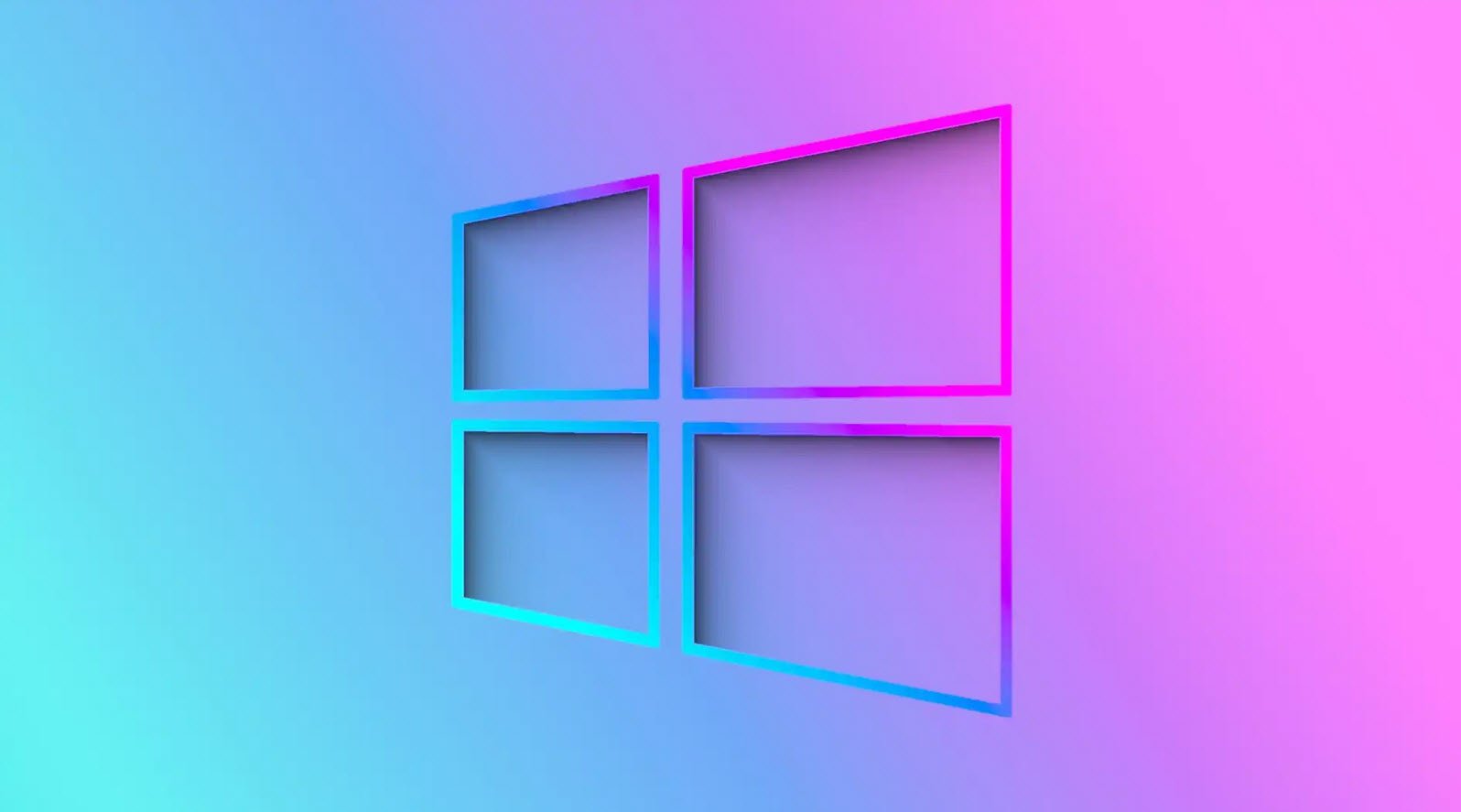
In the intricate landscape of cybersecurity threats, one category of malevolent software has gained notoriety for its invasive and malicious nature – spyware. This insidious software is designed to covertly infiltrate your computer, monitor your activities, and gather sensitive information without your knowledge. Detecting a spyware attack is crucial to safeguarding your privacy and security.
In this article, we will explore the important symptoms that might indicate your computer is under the silent assault of spyware.
- System Performance Slowdown
- Programs Malfunctioning
- Unwanted Browser Changes
- Relentless Onslaught of Advertisements
- Choking Internet Bandwidth
- Altered Search Engine and Preferences
1. System Performance Slowdown
One of the most noticeable and frustrating indicators of a potential spyware attack is a significant slowdown in your computer’s performance. Spyware consumes system resources as it runs in the background, often causing applications to become sluggish and unresponsive. If your computer’s performance has suddenly plummeted without a clear reason, spyware could be the hidden culprit.
2. Programs Malfunctioning
The presence of spyware can disrupt the proper functioning of various programs on your computer. If applications that previously worked smoothly are now crashing, freezing, or behaving erratically, it’s worth investigating whether a spyware infection is to blame.
3. Unwanted Browser Changes
Spyware often targets web browsers, leading to changes in browser settings without your consent. If you notice sudden alterations in your browser’s homepage, default search engine, or new toolbars and plugins that you didn’t install, your computer may be harboring spyware.
4. Relentless Onslaught of Advertisements
The incessant appearance of pop-up advertisements, banners, and other forms of intrusive ads on your screen is a classic sign of a spyware infection. These ads are not only annoying but can also be a vehicle for spreading more malware or gathering further information about your online activities.
5. Choking Internet Bandwidth
Spyware often operates by transmitting data from your computer to remote servers controlled by cybercriminals. This data transfer can consume your internet bandwidth, causing a noticeable slowdown in your internet connection speed. If your internet seems unusually sluggish despite no apparent reason, spyware could be at play.
6. Altered Search Engine and Preferences
Spyware often manipulates your browser’s search engine and preferences to serve its own agenda. If you find that your preferred search engine has been changed or that your browser settings have been tampered with without your consent, it’s a clear sign of a potential spyware presence.
In a digital world where personal information is a prized possession, detecting and addressing a spyware attack is paramount. To mitigate the risks of falling victim to spyware, it’s essential to adopt proactive cybersecurity practices:
- Regular Scanning: Employ reputable anti-spyware and antivirus software to scan your system regularly. This can help identify and eliminate spyware before it causes extensive damage.
- Safe Browsing: Practice cautious browsing habits. Avoid clicking on suspicious links, downloading files from untrusted sources, and opening attachments from unknown senders.
- Software Updates: Keep your operating system, browsers, and security software up to date. Updates often include security patches that protect against vulnerabilities exploited by spyware.
- Firewall and Security Settings: Activate and configure your firewall and security settings to block unauthorized access and detect suspicious activities.
- Ad-Blocking Tools: Consider using ad-blocking tools or browser extensions to reduce the chances of encountering malicious advertisements.
- Regular Backups: Regularly back up your important files to an external source to minimize potential data loss due to spyware attacks or other malware infections.
By being vigilant and informed about the symptoms of a spyware attack, you can take proactive steps to protect your computer, data, and privacy. Cyber threats continue to evolve, but with knowledge and the right defensive measures, you can stay one step ahead of those who seek to compromise your digital world.
You may also like:- How To Fix the Crowdstrike/BSOD Issue in Microsoft Windows
- MICROSOFT is Down Worldwide – Read Full Story
- Windows Showing Blue Screen Of Death Error? Here’s How You Can Fix It
- A Guide to SQL Operations: Selecting, Inserting, Updating, Deleting, Grouping, Ordering, Joining, and Using UNION
- Top 10 Most Common Software Vulnerabilities
- Essential Log Types for Effective SIEM Deployment
- How to Fix the VMware Workstation Error: “Unable to open kernel device ‘.\VMCIDev\VMX'”
- Top 3 Process Monitoring Tools for Malware Analysis
- CVE-2024-6387 – Critical OpenSSH Unauthenticated RCE Flaw ‘regreSSHion’ Exposes Millions of Linux Systems
- 22 Most Widely Used Testing Tools








